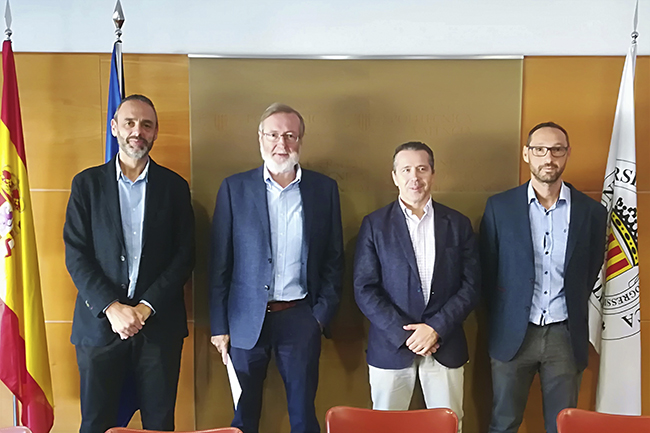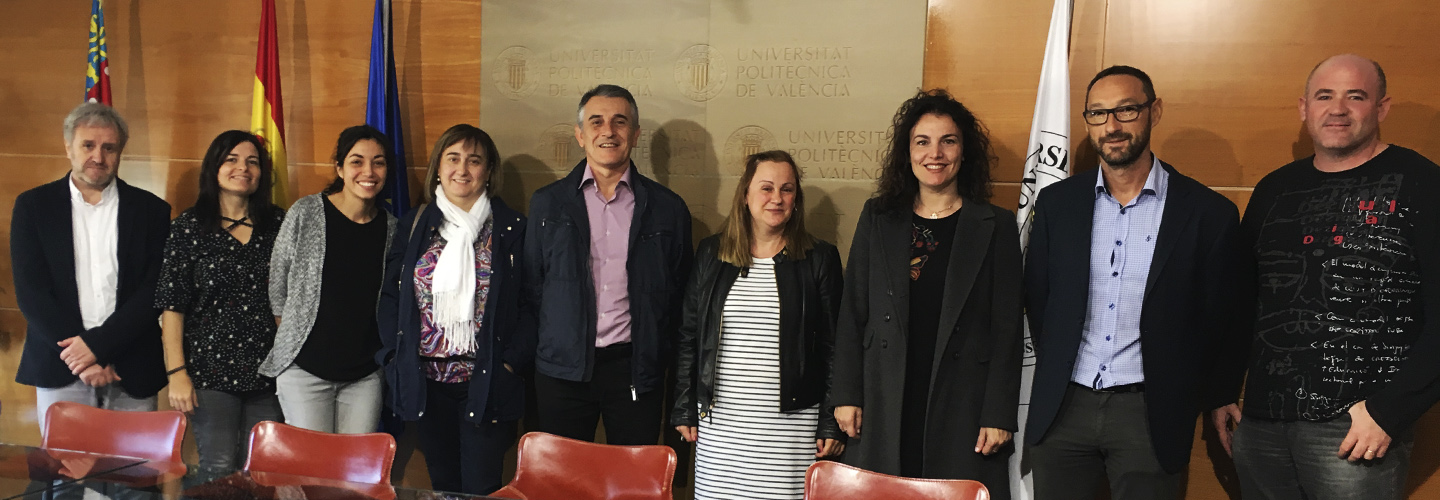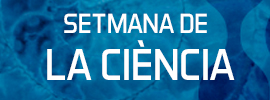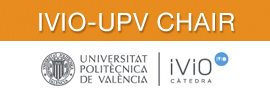Promoting health-related research and innovation projects through preparatory activities. This is the goal of Polisabio, the partnership program launched by the Gandia and Alcoi campuses of the Universitat Politècnica de València (UPV), and the Xàtiva-Ontinyent, Elda, Sant Joan d’Alacant, Marina Baixa, Gandia and Alcoi health departments of the Foundation for the Promotion of Health and Biomedical Research of the Valencian Community (FISABIO, for its Spanish initials).
Ten projects have been selected for the 2017 call, five co-directed by the scientific team from the Alcoi campus, and five by the team from the Gandia campus. Each of these projects will be entrusted to a team of research scientists with outstanding professional records and whose contributions will certainly enhance their impact on the knowledge-based society.

THE PROJECTS TO BE CARRIED OUT AT CAMPUS GANDIA ARE THE FOLLOWING:
- ECAEL-Neonates, which aims to improve the quality of life and care of patients in Neonatal Units, through the diagnosis and reduction of noise, electromagnetic and light levels in a neonatal ward. The head researcher from the UPV, Romina del Rey, has taken part in the development of protection mechanisms for this area.
- PAMTEL-RT, a telematics platform that enables immediate connection with the pediatrician on duty at the hospital so that health professionals can treat children remotely in emergency situations. Fernando Boronat, coordinator of the Immersive Interactive Media (IIM) Research & Development Research Group, is the co-director of the project for the UPV.
- Fernando Boronat also coordinates the DALE-3D project, whose aim is the creation and evaluation of a computer platform containing 3D models and animations for early diagnosis of stereoscopic vision impairments.
- AFECV is a research proposal for the application of biosignal processing to improve the treatment of patients with atrial fibrillation, which is the most common cardiac arrhythmia and affects almost one million people in Spain. José Joaquín Rieta, who has extensive experience in technology applied to heart diseases, is the coordinator of the Biosignals & Minimally Invasive Technologies (BioMIT) group, as well as the principal researcher of this project on the part of the UPV.
- DEMCIE, another proposal approved by Polisabio, will focus on the development of a wireless communication module for ultrasound and will co-directed by Jaime Lloret, on the part of the UPV. The research professor is one of Spain’s leading scientists in the field of telecommunications and has extensive experience in health-related projects.
José Pelegrí, deputy director of the Campus Gandia Strategic Plan, was very pleased with the results of the first Polisabio call, “We have joined forces and have taken another step forward in our common goal: that the university’s research can be applied to healthcare and the general well-being of the population.”
The next phase will be to work so that these proposals approved by Polisabio give rise to projects that are capable of attracting public and private investment from national and international calls, among others the H2020 program, as well as innovation activities.
Communication and Marketing Officer, Campus Gandia











